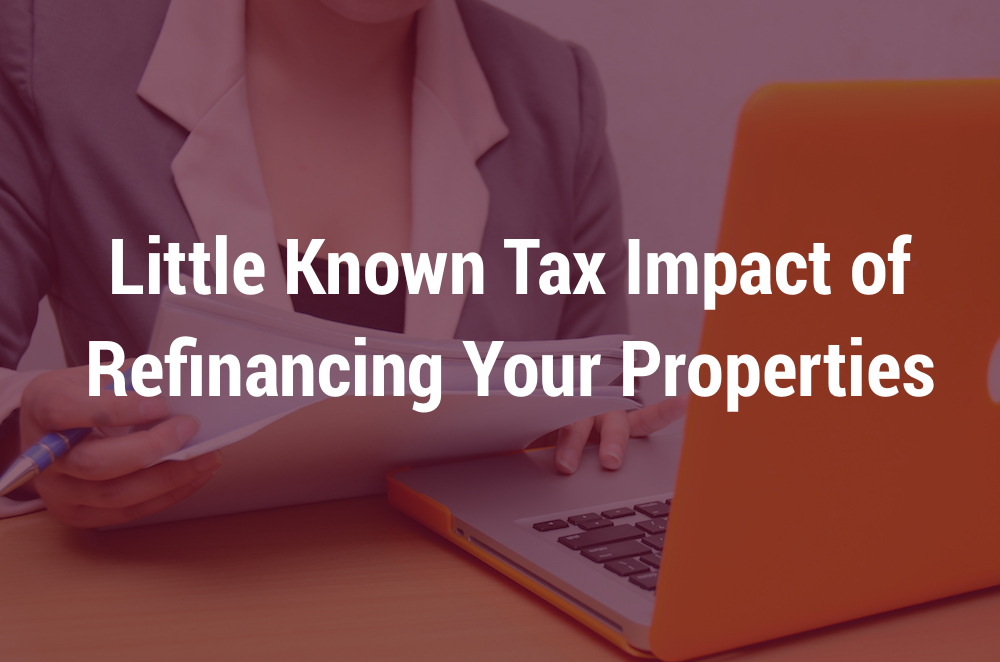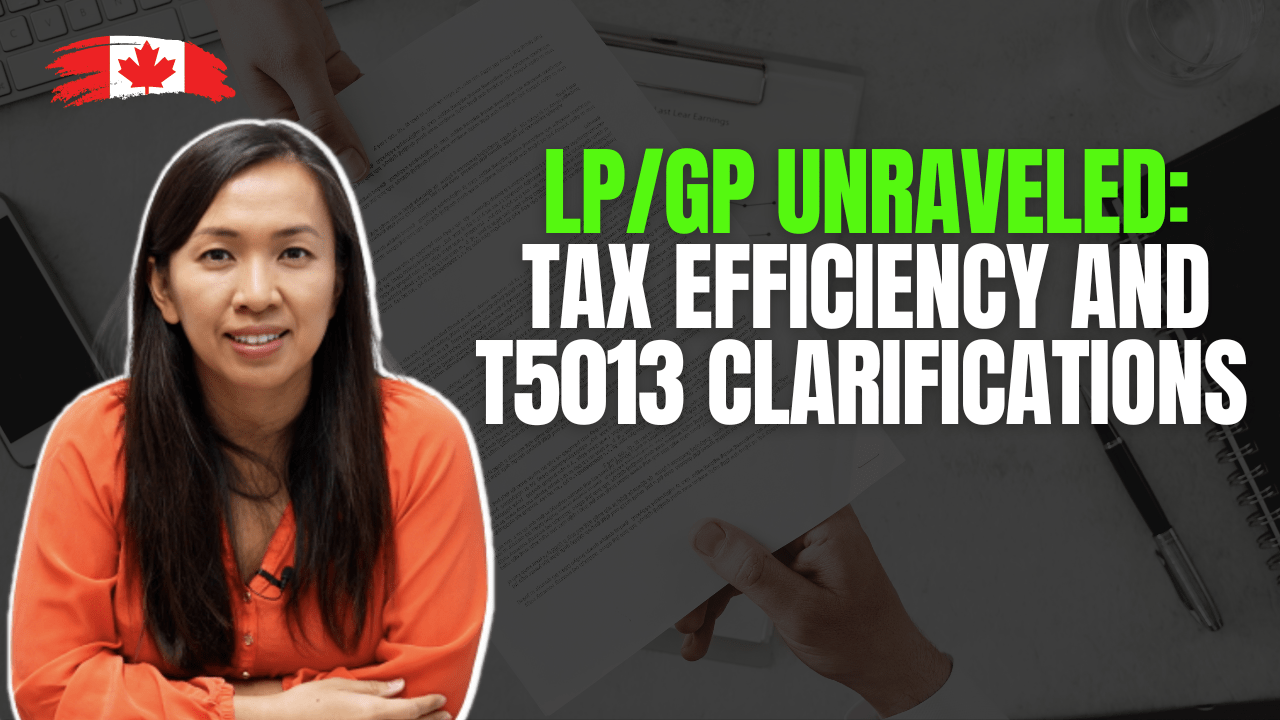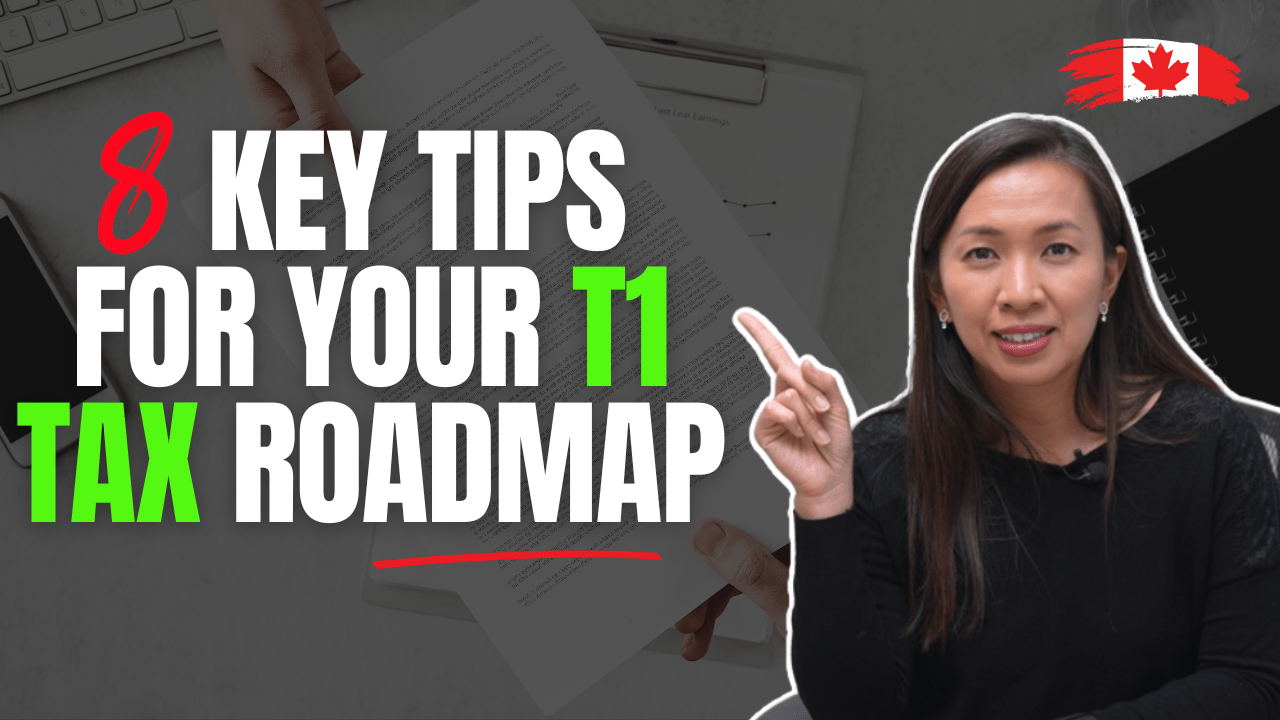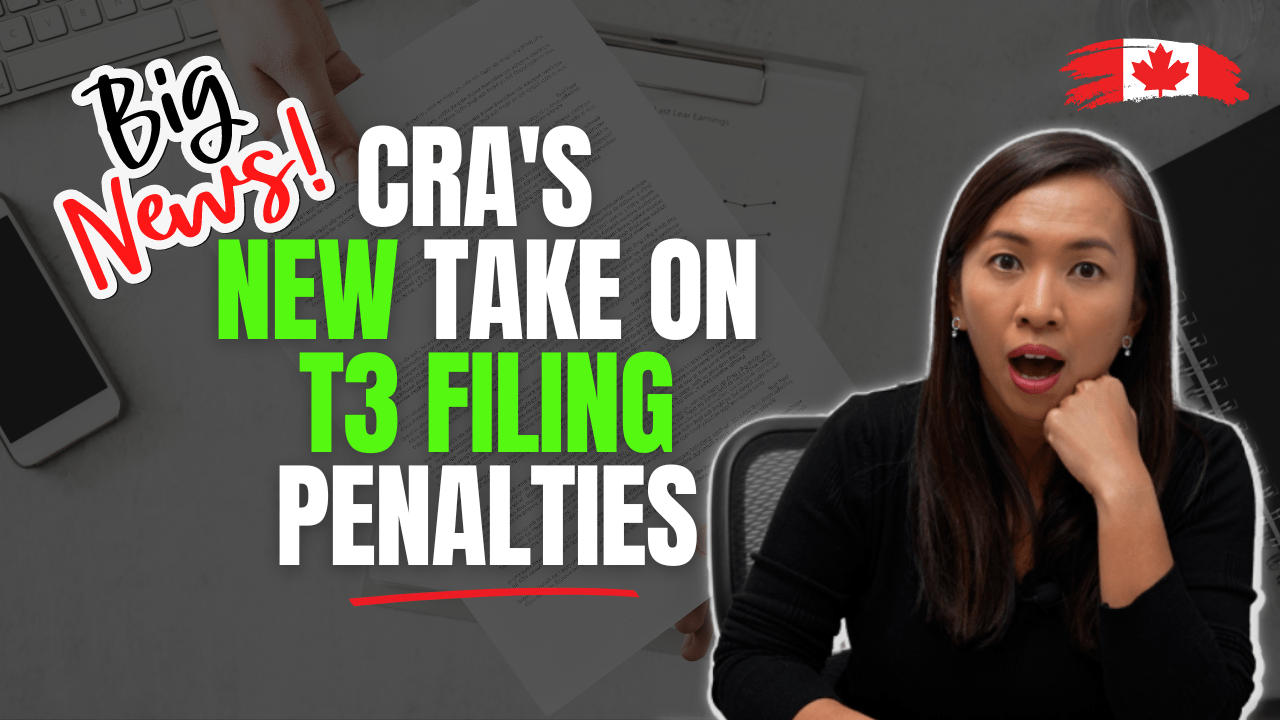“Some people dream of success while others wake up and work hard at it” ~ Napolean Hill.
Although I didn’t grow up in a wealthy family, my parents worked extremely hard to provide everything we wanted in our lives for us.

As a kid growing up, if I felt that I needed a tutor to help me excel at my school, my parents would not think twice to hire one for me immediately. I rarely needed it but they were always available. Academic success came relatively easy for me.
I am a bit ashamed to share this but in my university days, I would skip almost all classes and stayed up all night before the exam to study. I passed and did relatively well. It was still a lot of hardwork, but it wasn’t a sustainable long term solution to pass my Chartered Accountancy final exam.
So when I teamed up with my study partners, Jason & Irene, they made the entire process a lot easier. We planned at the beginning of the year and we started working on cases weekly from February onwards. It’s all about discipline, day in an day out.
 We all passed with the first try! Then I read 4 Hour Work Week written by Tim Ferris. I dreamed of having a business of my own and traveling around the world while still making thousands and thousands of dollars with only 4 hours of work dedicated to it.
We all passed with the first try! Then I read 4 Hour Work Week written by Tim Ferris. I dreamed of having a business of my own and traveling around the world while still making thousands and thousands of dollars with only 4 hours of work dedicated to it.
And you see all this news about people writing blogs about anything you can dream of – and it seems, at least from the surface, that they are living a great life. I wondered why I can’t just “create a business and just write a couple of blogs a week” to make a living. Oh man, how I was wrong!
Last year I did a presentation about incorporation to a concierge company’s audience. The founder, also the organizer, of the company is the son of a retired Big Four accounting firms’ partner. He came up to me and said “so what’s about that real estate niche that you have? Isn’t it just about compliance?”
 For those of you who don’t know what compliance is, that means filing your tax returns and required forms for the government. His comment basically downgraded me from being a “specialist” to a general compliance person. To be a real estate accountant means that virtually all my clients are real estate investors.
For those of you who don’t know what compliance is, that means filing your tax returns and required forms for the government. His comment basically downgraded me from being a “specialist” to a general compliance person. To be a real estate accountant means that virtually all my clients are real estate investors.
To be a real estate accountant means that I have an immediate tax answer to all your real estate investing questions, from flipping, rent to own to long term buy and hold. And yes, these answers actually need to be backed up with real work, real compliance work, that we all have to file. No tax planning can be carried out without having the “compliance part” finished.
To be a real estate accountant means that every week I have to write up a blog post sharing the tax tips I learned during the week with my followers. And I started writing this blog post at 5am in the morning.
To be a real estate accountant also means that I have skin in the game. I, too, also have some investment properties. Like all real estate investors, I have my day job of running my own accounting practice and being a mom and just a few properties to take care of. Many people think that I run a successful business. Few people notice the struggle we have behind the scenes. Even fewer people understand the amount of work we put in, day in and day out.
Over the family weekend, one of the family members, who loves to bake once in a while, made a yummy orange chocolate cake with the best quality chocolate you can find. Erwin casually suggested that she should become a baker and have her own baker shop one day. Another family member agreed and complemented how much better her baking skill is in comparison to another family member who currently has a bakery business.
Baking definitely requires some skills, operating a business requires commitment and dedication. The family member who’s got a business running already is fully dedicated. She hustles and she goes to baking school to improve her skills. She operates her website and updates her Facebook account with new products that are coming out. It’s sad how few people actually understand the amount of work involved behind running your own business and achieving success, especially in today’s microwave age that everyone thinks everything can be done in a second.
Now on to this week’s topic: Many real estate investors ask me about the tax impact on refinancing a property. Say you purchase a property 2 years ago for $300,000, the market has been doing really well and your neighbor just sold for $500,000. Assuming you can qualify for financing, refinancing the property to 80% loan to value can give you an additional $160K for your next investment. SWEET! And that’s the power of real estate.
Refinancing the property when owning personally
If you own the property personally, one thing you would need to pay attention to is how you use the funds from refinancing. In Canada, you are only allowed to deduct the interest on money borrowed for investment.
So, instead of using the funds for your next investment property, the fund is used to pay down the mortgage, the interest related to this $160K is not deductible. The general advice is that you would use other investments available to pay off your property, not the principal residence mortgage.
After years of appreciation and refinancing, you may have taken a lot more out than what you have put in. Say in our example, over the years, you’re able to extract a total of $400K and the mortgage outstanding at the time of sale is $500K. And you can sell the property for $700K. Your capital gain is $400K ($700K selling price minus purchase price of $300K).
Assuming you pay the highest marginal tax rate, the tax liability is approximately $100K. If you choose to sell the property then, after paying off the bank and the government, you will end up having only $100K ($700K – $500K mortgage – $100K tax) in your pocket. This may not be as high as you would have expected, since you already pulled out a large sum from the property.
Refinancing the property inside the corporation
Now if you own this same property inside the corporation, the tax impact can be slightly different. When you decide to take out the $160K from the property, similar to owning the property personally, you can deduct 100% of the interest if you use the funds to invest in another property inside the corporation. If you choose to refinance the property and take this $160K out of the corporation, depending on how much the corporation owes you, you may have a large amount of tax liability. It doesn’t matter whether you are taking this $160K out of the corporation for investment or personal use, the same tax implication can apply.
For example, if you initially loan $60K to the corporation to purchase this property, and assuming that the corporation only has one property and only owes you this $60K, the additional $160K that you would like to extract out from the corporation, $60K would be tax free to repay your initial investment. But if you extract more than $60K, any additional amount is subject to tax. The additional $100K can be distributed to the shareholders in the form of dividends. Shareholders would in term be reporting that in their personal tax returns. If you are using this additional funds to invest, my recommendation is to invest inside the corporation. No money going directly to the shareholder’s pocket. No immediate tax impact. When you sell the property inside the corporation, the same tax liability is triggered. Again, if you were to cash out and take all the money from the corporation for personal use, dividend income would have to be reported.
So more often than not, I recommend my clients to refinance the property rather than selling. Refinancing, compared to selling, has a lesser tax impact, and you may end up having the same amount of money left in your pocket after paying CRA. You still get a house at the end! Consult a professional tax advisor before making your investment decision.
Until next time,
Happy Canadian Real Estate Investing.
Cherry Chan, CPA, CA Your Real Estate Accountant






Aaron
Hi, Cherry. I’d like to know if I would be able to deduct the interest from refinancing if I use the money to pay back myself from previous years?
My mortgage is up for renewal in September, I currently owe $94k, and the property must be worth at least $300k. If I can get $160k out of my rental, I’d like to first, pay myself back for expenses as far back as possible, then I suppose I could put the rest in a non-registered investment account (S&P TSX and S&P 500 ETFs) until my tenant moves out and I have the chance to do some serious upgrades.
If I do it this way, can all of the interest from the $160k be tax deductible? I’d really appreciate your thoughts.
Thank you very much.
Cherry Chan
Aaron, the answer is it depends. If you own the property in your own personal name, the answer is no. If the property is owned in a corp, the answer is maybe. It really goes back to your personal situation.
andrew
Hi Cherry,
Great read! Hard to find resources about refi scenarios. I live in a triplex, currently my primary res held personally. We have completed many upgrades and would like to refinance and repeat with a new property. Should I try to do this while living there, or move out and have rental income track record before attempting to refinance? Even in this case I would rather not wait two years for rental income track record. Any thoughts?
thanks!
Cherry Chan
I don’t know your situation well enough to comment, but generally speaking I would keep records of everything so if you ever need something down the road, you always have them.
Ben
Hi Cherry,
Good information! One thing that remains confusing to me is the following scenario:
I refinance my first home (mtg all paid out) and use those money to buy my second home. I then rent my current home out to generate income and move to second home. Would the interest from first home be tax deductible?
Cherry Chan
Interest deductiblity depends on the use of fund. If the use of fund is to purchase the new residential home, then interest related to this amount is not deductible.
Aaron
Hi Cherry,
When the first property is refinanced, it is still a principle residence. In this situation, does it matter where the money go? “Interest deductiblity depends on the use of fund” is only for rental property, right?
Cherry Chan
Interest deductibility depends on the use of fund – if the primary residence is refinanced, the funds are used for the purpose of investment, you can deduct interest.
Ivan
It is actually very ugly way to treat cashed out money as personal-use loan for rental properties mortgages. Hard to believe that CRA can do that. If they don’t, your advice can be just overpaying taxes without sufficient grounds.
Firstly, CRA will have a very hard time to prove that rental property mortgage, which is by definition income producing investment can be spent on personal needs.
Secondly, even if CRA can prove it, you can state that cashed out money is not a personal use loan money, but simply taking back what is yours already. You payed downpayment and you payed principal debt payments over time, these were AFTER-TAX money, you are taking them back from bank, so no tax implications are acceptable.
Cherry Chan
Hi Ivan, thanks for the comment. To clarify, if you use the money from refinancing for personal use (e.g. paying down your primary residence mortgage, a trip to Disney world, a brand new car for your significant other, etc.), interest related to this additional loan cannot be deductible.
However, if you use the money from refinancing for investment purpose, you can continue to deduct the interest.
If you still have any questions, I do suggest you to speak to a qualified accountant to understand interest deductibility concept.
johnny upgrade pre hacked
This piesce of writing is in fact a nice one it asssists new web people, who are wishing in favor of blogging.
produzione pannolini per bambini
Hey I am so glad I found your blog, I really found you by mistake,
while I was browsing on Google for something else, Regardless I am
here now and would just like to say thanks for a incredible post and a all round enjoyable blog (I
also love the theme/design), I don’t have time to look over
it all at the moment but I have saved it and also added in your RSS feeds, so when I have time I will
be back to read a great deal more, Please do keep up
the excellent job.
Rick
Hi Cherry,
I do not totally understand one part of this, most from what Ivan said above. If I refinanced and took out what I already paid on the down payment that portion has already been taxed.
I would not be able to deduct the interest in full on the refinanced property now?
Cherry Chan
Hi Rick, if the money you took out is used in investment, interest is deductible.
There’s no such thing as “repayment of what you originally invest” when the property is purchased in your personal name.
Interest deductibility is based on direct use of funds.
Mike
I think a lot of your readers would like to know how to refinance and continue to get the tax deduction on the interest of the increased mortgage and use the funds for personal reasons. That interest is a significant deduction.
It would seem like the increased interest wouldn’t be tax deductible because the funds are used for personal reasons, so we’re looking for a work around.
So what if we pump the refinance money into our rental properties by paying utilities, paying mortgages, maintenance costs, and renovations. These properties are investments after all and we would be putting the refinance money into an investment. Normally these costs would be covered by the rent, but because these costs are now covered by the refinance money, we can take 100% of the rent money and use it for our personal uses.
This wouldn’t be instant of course, but it would eventually allow you to use the funds for all the fun things you’ve been dreaming of and continue to claim the full interest tax deduction.
Have you heard if this strategy has been effective?
And a specific question: If I borrowed money (HELOC) to purchase an investment property. The interest on that loan is tax deductible. If I later refinance that rental property or another rental property and I use the refinance money to pay off the HELOC, would that count as an investment and make the refinance mortgage interest tax deductible?
Would it matter what the original HELOC money was used for? For instance, if I bought a new car (personal use) with the HELOC funds and then used the refinance money to pay off the HELOC, would paying off the HELOC count as an investment and make the refinance interest tax deductible? I often conceptualize paying off loans as investments with a guaranteed 5% return, but would the CRA view it that way?
Thanks for the great blog. It has answered many of my questions and sparked my curiosity on many other subjects.
Mike
Ron Chow
Anyone found out the answer to this strategy?
I also like to know if the refinanced money can be used to fund the operations of the rental property such as property tax, strata fees, mortgage payment(of the rental property).
Thanks.
Tak Loo
Hi Cherry – keep up the great work sharing tax tips!
In your example where the property is owned inside the corporation and refinanced. Let’s assume the corporation decides to pay back the entire funds/loans owed to the owner. So refinanced amount is 160k, amount owed to me personally is 60k and another 100k is extracted out as dividends.. I understand that I as the owner will get taxed on the 100k. For the corporation, what happens to the interest expense, can the corporation deduct the interest on the 160k?
Thanks
R
Hello, if I refinance the house and use the funds to invest in a pre-construction that won’t be built for 3 years, I take it I cannot deduct my the amount I’ve used for the downpayment/deposits off my taxes?
Tom
Hi Cherry,
If a refinance within a corporation is made in order to pay back a shareholder loan, I understand those funds can be withdrawn (up to the limit of the loan) tax free. However, is the additional mortgage interest still tax deductible (within the corporation) in such as case? The proceeds of the refinance weren’t used for an investment purpose, but they *were* used to repay a shareholder loan (which itself was a business purpose).
Al
Cherry: Thanks for the post. Great detail. Very helpful. But I haven’t seen anything regarding retirement vehicle investments with the cash freed up by refinancing. Does an RRSP contribution count as an investment? If I refinance and put 100% of the freed cash into RRSP/TFSA, would that fulfill the investment requirement for CRA?
Thanks,
Caro
This is an interesting thread. Thanks for this.
I currently own a duplex in my personal name and live in half. I refinanced this year with a new bank, but didn’t take any money out. What costs can I claim for income tax? For instance, I had to pay down the old HELOC. Can I claim whole or a part of this amount?
Thank you.
Cherry
Hi Caro, thanks for being here. Unfortunately this isn’t the right platform where I would be able to advise you about your personalized situation without knowing the specifics. For any questions or consultation, please contact our office at 416-548-4228 or email us at [email protected] and we will be sure to take care of you. Thanks!